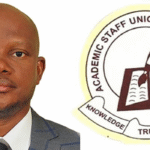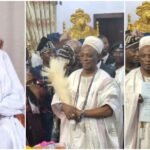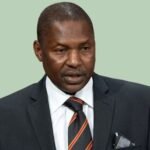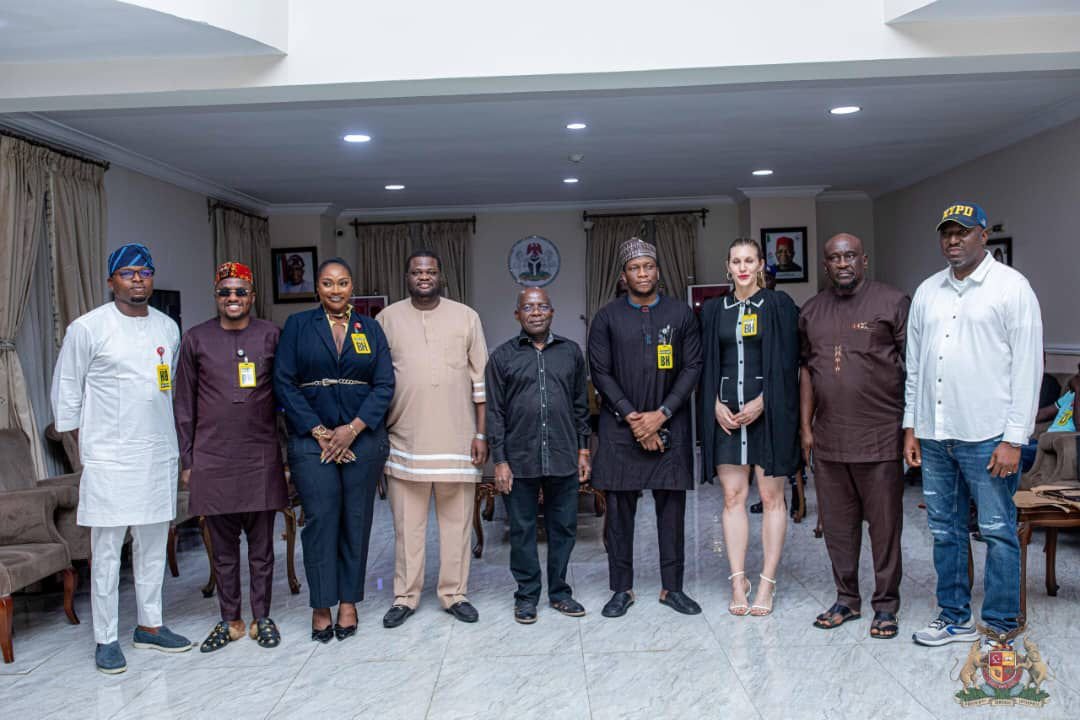A resurfaced audio clip of Gbadebo Rhodes-Vivour, the Labour Party’s 2023 Lagos gubernatorial candidate, has reopened intense conversations about ethnicity, language, and identity in Nigeria’s most cosmopolitan state.
In the clip, Rhodes-Vivour responds to a question regarding former Governor Akinwunmi Ambode’s 2018 attempt to pass a bill making Yoruba the official language of Lagos. He states plainly, “Personally, I would not support making Yoruba the lingua franca of Lagos. I don’t think that’s the right direction.”
He goes on to acknowledge Lagos’ historical ties to Yorubaland, but argues that the state’s greatness came from its openness, diversity, and meritocracy, not its tribal affiliations. “It wasn’t excellence based on tribe or language,” he noted, referencing figures like Herbert Macaulay and Henry Carr as pioneers of that Lagos spirit.
The clip has attracted fierce backlash, especially from those who interpret his comments as dismissive of Yoruba culture. A particularly viral post by @blockofbuilder claimed Rhodes-Vivour said people should only speak Yoruba in their homes and called his position “bigotry.” He went further to label any Yoruba person supporting Rhodes-Vivour as “a bastard,” accusing the politician of attempting to destroy Yoruba values under the guise of progressivism.
Another user, @swankieDiva, wrote: “When people said he said it, I thought it was a joke. It’s sad.”
The reactions reveal a deeper frustration among some Lagosians who feel that their cultural identity is being downplayed or erased in the name of political correctness.
Despite the heated responses, a review of the actual audio reveals that Rhodes-Vivour never discouraged the public use of Yoruba. Instead, he argued against making it mandatory, emphasizing that Lagos should remain a state defined by openness and merit, not ethnic dominance.
“It’s hard to have an enlightened mind and then retreat into a narrow, bigoted way of thinking,” he said, suggesting that enforcing a single language could alienate the city’s many non-Yoruba residents.
The resurfaced audio is also reigniting questions that haunted his 2023 campaign: Did Gbadebo Rhodes-Vivour’s perceived indifference to Yoruba cultural priorities contribute to his loss?
In the fiercely contested March 18, 2023 Lagos governorship election, Rhodes-Vivour posed a serious challenge to incumbent Governor Babajide Sanwo-Olu of the All Progressives Congress (APC). Despite a strong youth-driven campaign and significant support from non-indigenes and urban progressives, Rhodes-Vivour lost. Sanwo-Olu secured 762,134 votes to Rhodes-Vivour 312,329.
Ethnic sentiment was widely reported to have played a major role in that election. The tension reached its peak after the presidential election in February, where Peter Obi of the Labour Party defeated APC in Lagos, a first in decades. Many viewed Rhodes-Vivour’s candidacy as an extension of that upset, causing fear among some Yoruba indigenes of losing control of the state’s political direction.
His comments on the Yoruba bill, which had already been circulating during the campaign, were seen by some as further proof that he didn’t fully represent Yoruba interests, even though he is Yoruba by birth and upbringing. Critics claimed he was too aligned with broader, pan-Nigerian ideals at the expense of local identity.
In other news, iNaijanow recently shared a post on states being called out for late implementation of new minimum wage.
At the heart of this debate is a question that continues to define Lagos politics: Should the state be treated primarily as a Yoruba homeland or as a multiethnic, inclusive hub?
















